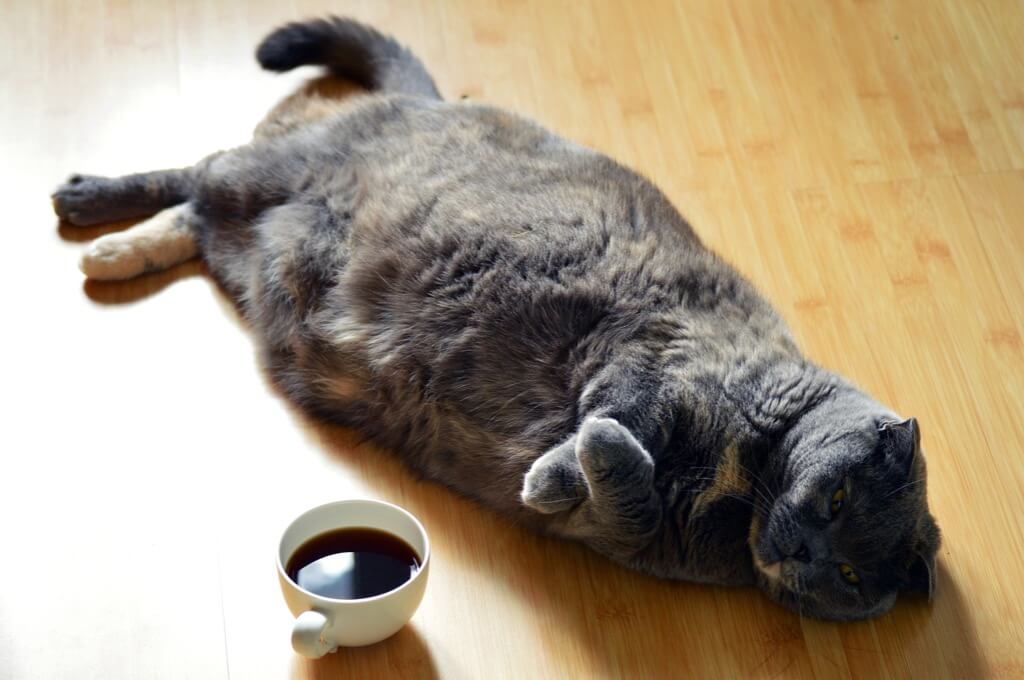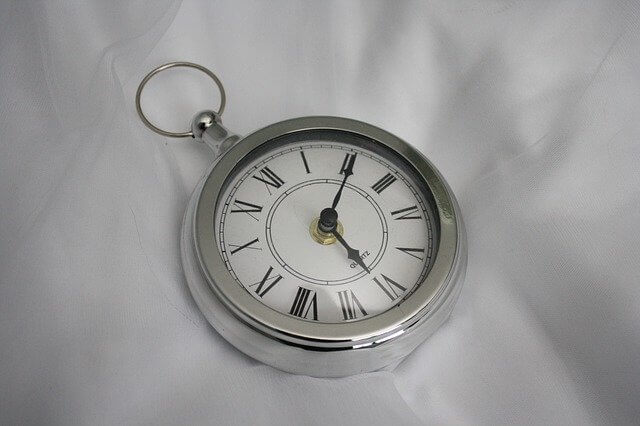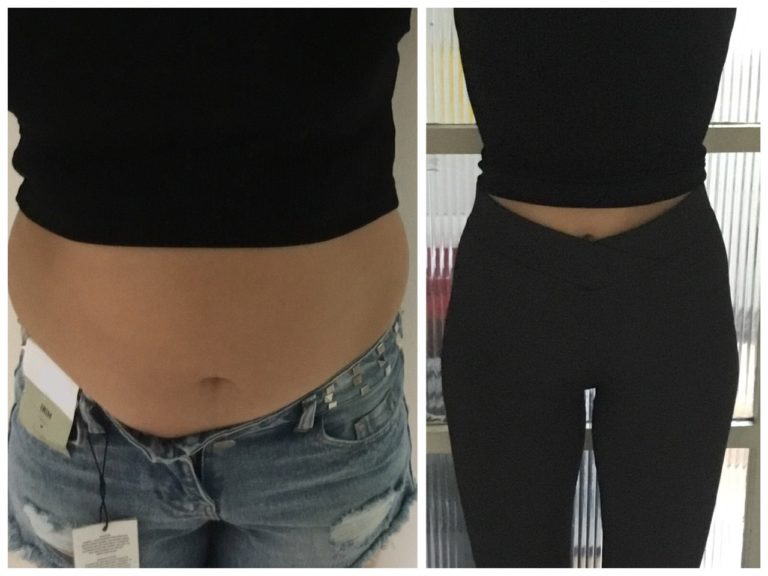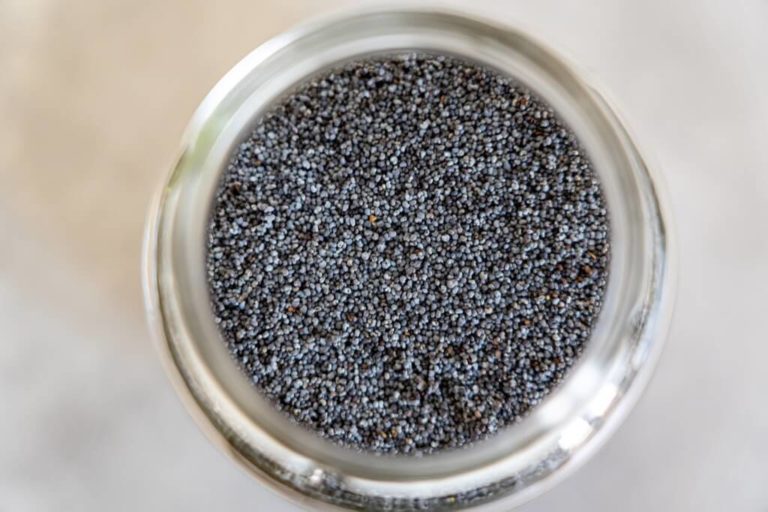HOW TO LOSE WEIGHT WITH INTERMITTENT FASTING and COMMON MISTAKES
We know that intermittent fasting is a powerful weight loss tool but how exactly is it going to help us lose weight. How does it work and what mistakes to avoid.
1. CALORIES IN
The obvious idea behind intermittent fasting is that a reduced daily eating window will lead to reduced food intake thus consumption of fewer calories which should ultimately result in weight loss. This can be achieved without counting calories or weighing food. Fasting is not the answer to weight loss, fasting is a vehicle to get you there efficiently. Use fasting as a tool to help you eat less in the least stressful way.
According to this review published in Science Direct:
IF and ADF are equally as effective as CR for weight loss”
IF= intermittent fasting, ADF= alternate day fasting, CR= calorie restriction
MISTAKES:
you are compensating for your missed meals and end up eating extra/more in your eating window ⊗ your eating window is too long, you are still eating enough to store energy as fat ⊗ you use fasting as an excuse to eat junk food ⊗ you fast too long and end up bingeing
NOT LOSING WEIGHT WITH THE 16:8 METHOD?
2. CALORIES OUT
Contrary to popular belief, fasting in fact increases metabolism. This 2019 report analysed impact of a 58 hour fast on metabolic markers and concluded:
Prolonged human fasting causes a much more metabolically active state than previously recognised”
To further boost your calories out, in the least stressful and demanding way, include walking in your daily routine. Walking is part of an aerobic exercise activity which is considered to be the most effective way to burn calories.
HOW TO OVERCOME WIGHT LOSS PLATEAU
3. BREAKDOWN OF FAT
When you eat, your body will use some of that energy for fuel and also store some for later. When you don’t eat, your body will look for the stored energy to use as fuel. This will be firstly, stored sugar/glycogen in the liver and then stored fat. For this to happen you must fast which will keep the hormone insulin low. Your body cannot burn fat in the presence of insulin. Eating elevates insulin. Fasting lowers insulin.
MISTAKE:
you are sabotaging your fasting, knowingly or unknowingly, with sweeteners or anything sweet which may raise your insulin ⊗ you’re not fasting long enough ⊗ on top of this you are eating a very high carb/sugar diet
4. FAT ADAPTATION
Fasting consistently and long enough will help your body become fat adapted. Being “fat adapted” means your body is able to switch from burning sugar to burning fat. It is a metabolic transition to using fat as a fuel. Ideally you would include some extended fasting into your routine to allow your body to burn its own fat stores for fuel. Overtime your body will be able to do this naturally. You could (but don’t need to) speed up this process by following a low carb diet and with regular exercise.
People who fast regularly or/and follow the ketogenic diet describe “fat adaptation” as experiencing better sleep, heightened focus, no cravings, satiation with less food, high energy levels. Saying so, the state of fat adaptation is based on anecdotal evidence and more research is needed for its credibility.
MISTAKE:
not fasting consistently ⊗ not fasting long enough to get into a fat burning stage ⊗ following a very high carb diet
I DID LIQUID FAT FAST FOR 4 DAYS.
5. EMOTIONAL EATING

Emotional eating is eating for reasons other than genuine hunger. You want to eat because you feel a certain emotion. This could be eating when stressed, angry, sad, bored, lonely, happy. Not only is emotional eating always unnecessary, it usually involves foods high in calories and low in nutritional value, perfect scenario for weight gain.
Intermittent fasting creates a clear boundary, a cut off point for when food is out of question. Fasting forces you to find other ways to deal with emotions. If you still continue to struggle with emotional eating please consider seeing a therapist, there is help for you.
MISTAKES:
Re-opening your eating window or ending your fast early due to boredom or emotions, instead of looking for ways to deal with emotions other than eating. This could be doing anything creative, productive, self-care, journaling, opening up about your feelings, going for a walk, jogging, connecting with like minded people, addressing your problems with family, friend, counsellor, therapist.
Hope this was helpful to you xox







